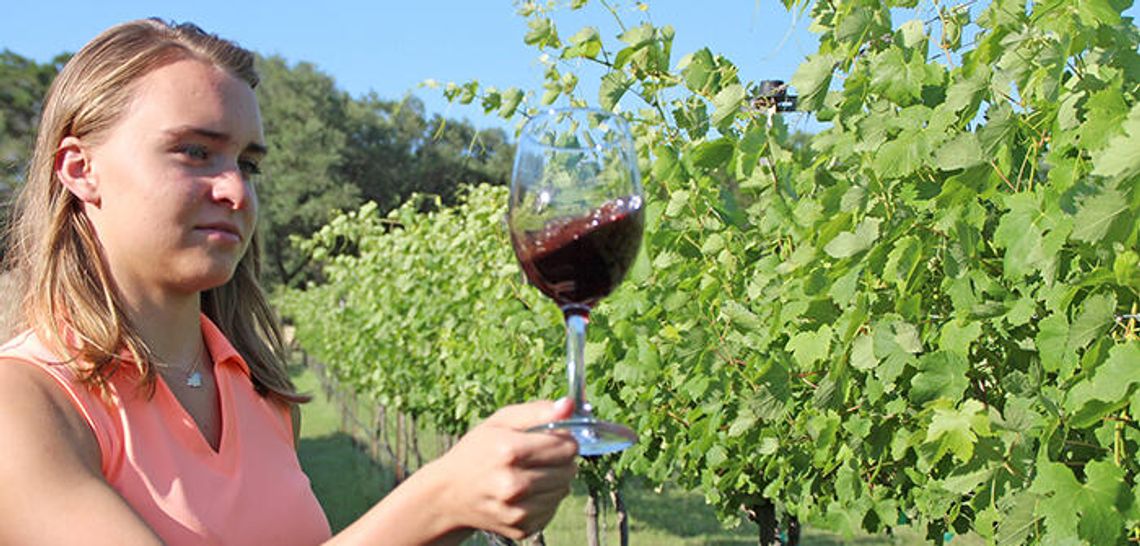A Texas House Bill sent to committee last week could impact the wine industry, starting September 1, 2017.
House Bill 1514, filed Feb. 2, would require wineries looking for a Texas wine distinction to use 100 percent of the grapes grown on Texas farms and produce it entirely in the state to qualify. The current benchmark for consideration was 75 percent of the volume, said Terry Franks, chief of staff for Texas Representative Jason Isaac (R-Dripping Springs).
“As the wine industries grows and becomes more sophisticated in Texas, we really need to do a lot more to protect and bring the wine industry into more of a recognized status so when you buy a Texas wine, you’re buying Texas grapes,” Franks said.










